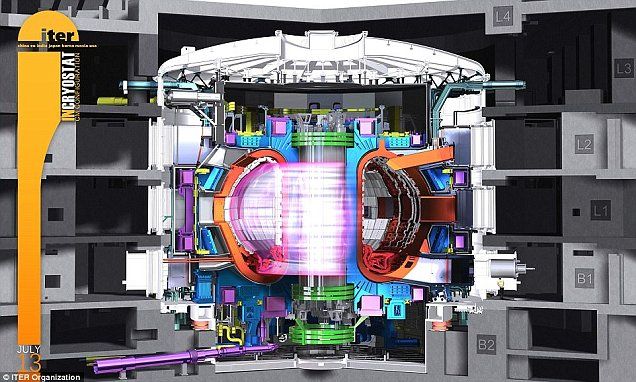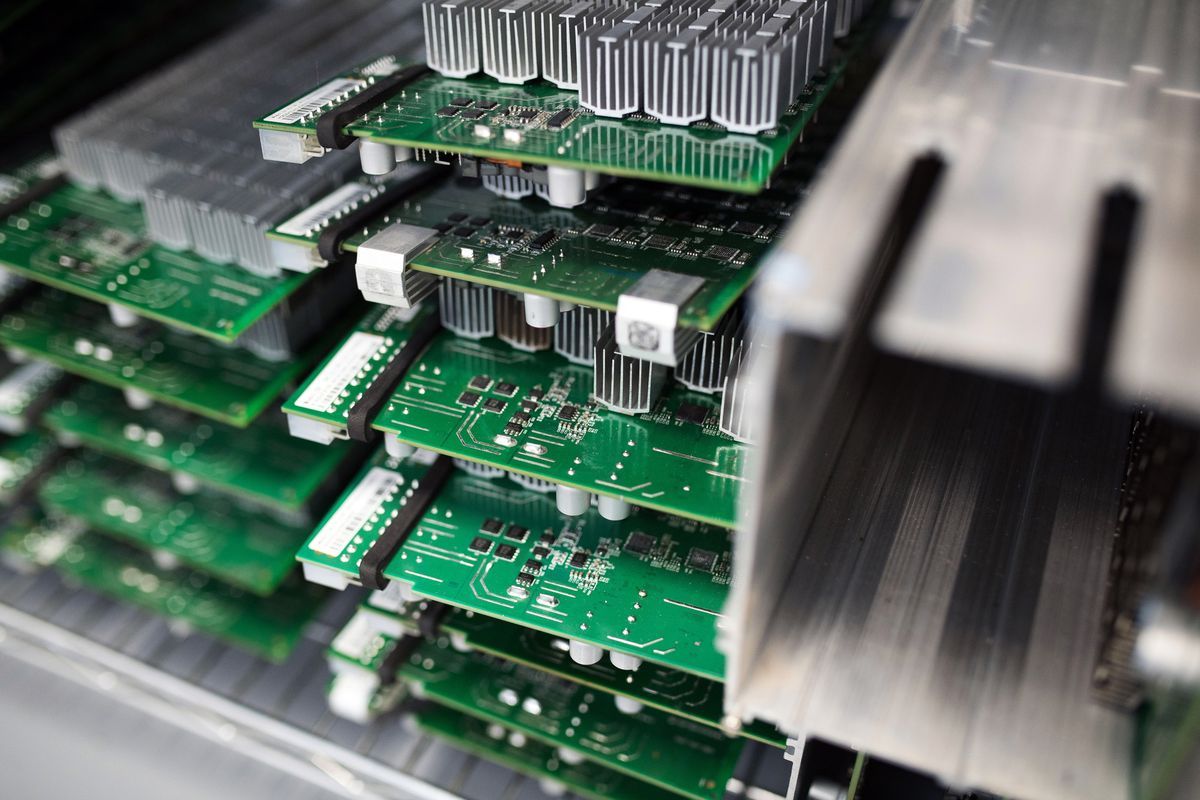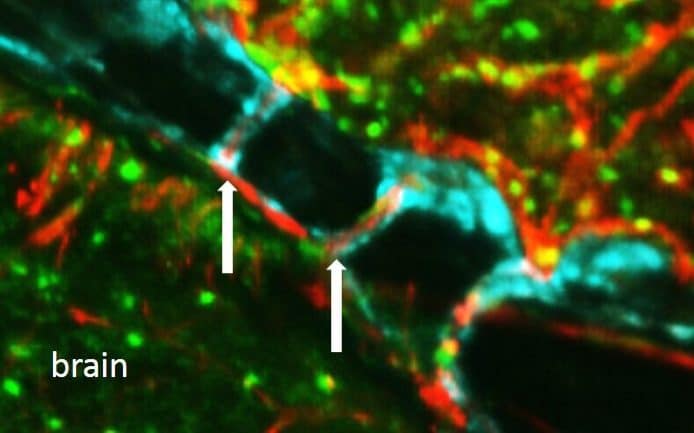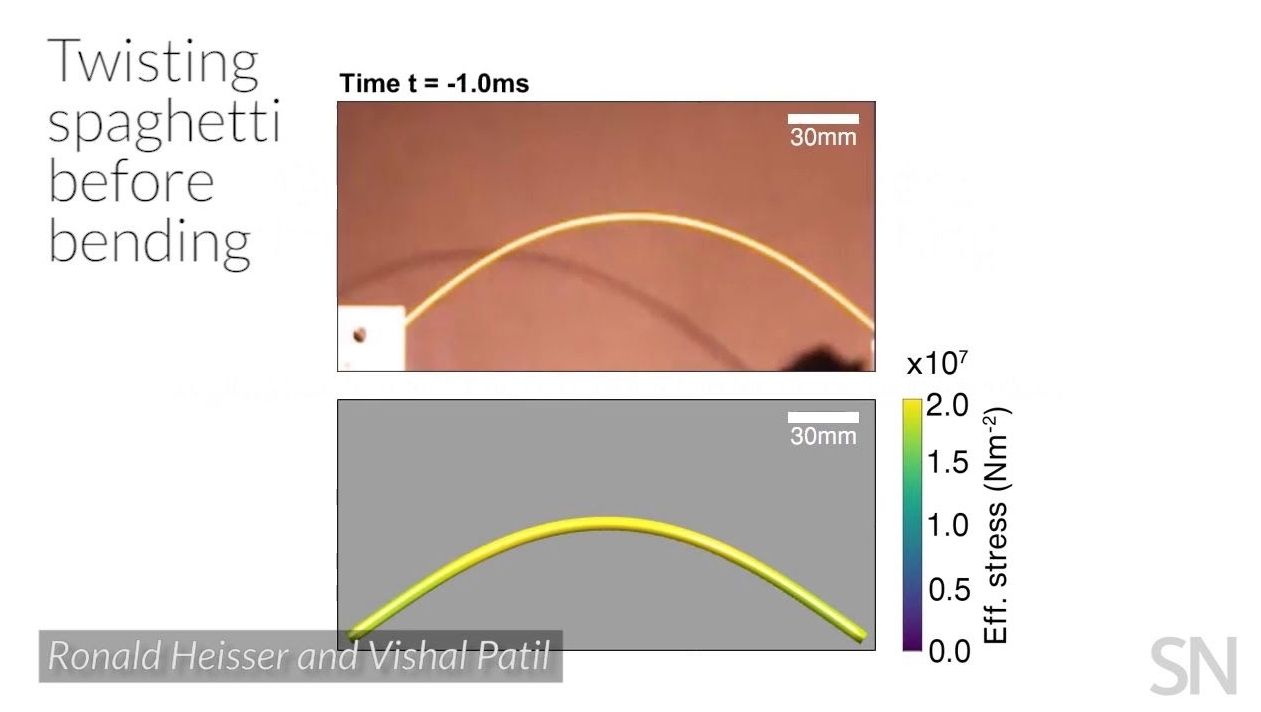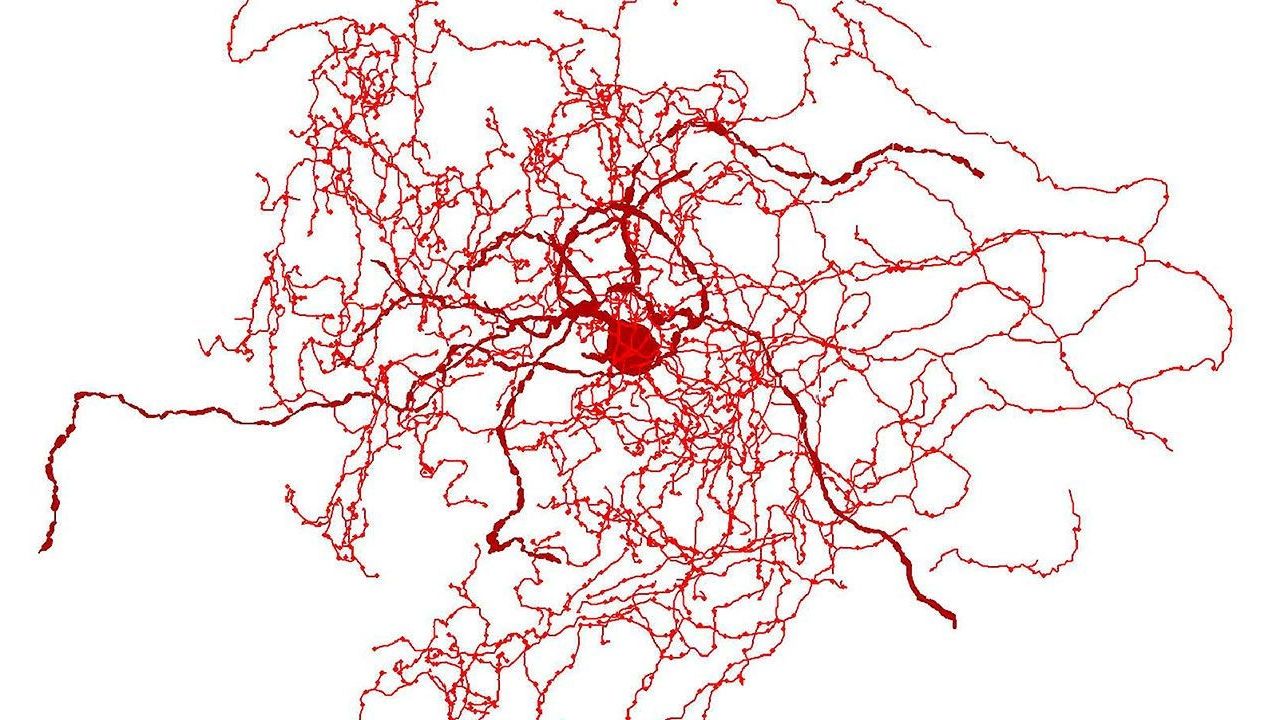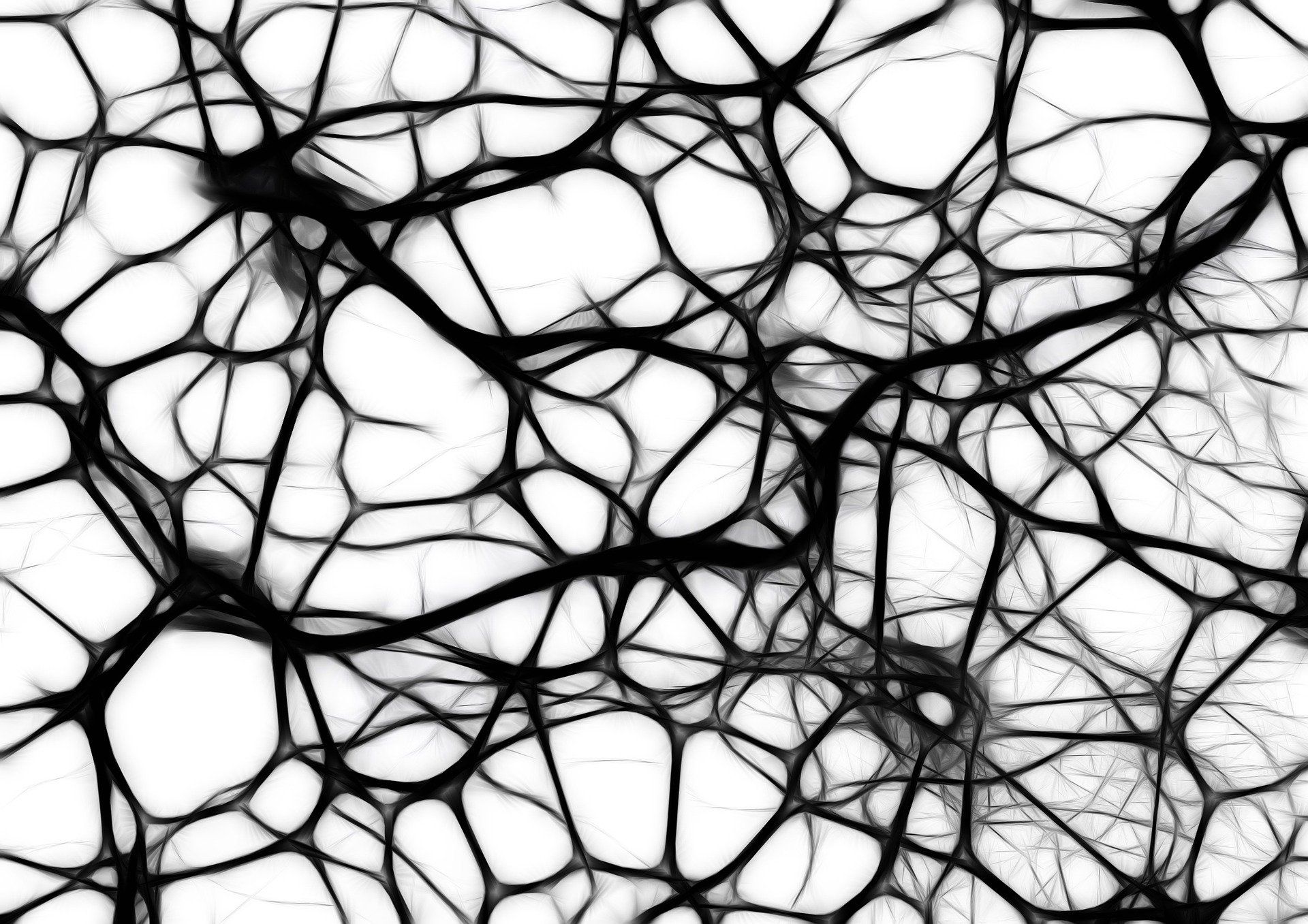
If you’ve ever experienced jet lag, you are familiar with your circadian rhythm, which manages nearly all aspects of metabolism, from sleep-wake cycles to body temperature to digestion. Every cell in the body has a circadian clock, but researchers were unclear about how networks of cells connect with each other over time and how those time-varying connections impact network functions.
In research published Aug. 27 in PNAS, researchers at Washington University in St. Louis and collaborating institutions developed a unified, data-driven computational approach to infer and reveal these connections in biological and chemical oscillatory networks, known as the topology of these complex networks, based on their time-series data. Once they establish the topology, they can infer how the agents, or cells, in the network work together in synchrony, an important state for the brain. Abnormal synchrony has been linked to a variety of brain disorders, such as epilepsy, Alzheimer’s disease and Parkinson’s disease.
Jr-Shin Li, professor of systems science & mathematics and an applied mathematician in the School of Engineering & Applied Science, developed an algorithm, called the ICON (infer connections of networks) method, that shows for the first time the strength of these connections over time. Previously, researchers could only determine whether a connection existed between networks.
Read more
